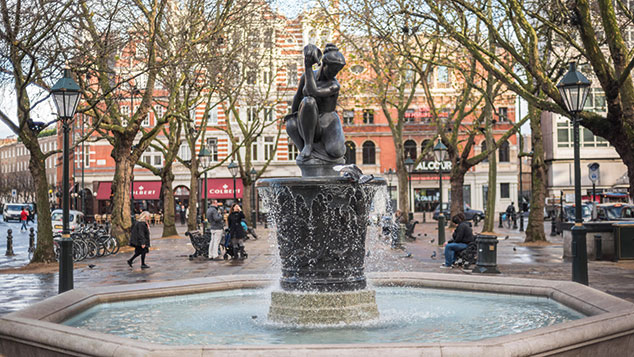
Leaseholders were dealt a major blow last week when a landmark ruling by the Court of Appeal failed to make it cheaper for people to extend their lease or buy a freehold. The case, Mundy v the Sloane Stanley Estate, involved a small flat in Chelsea. The lease duration had fallen to less than 23 years, and the freeholder, the Sloane Stanley Estate, had sought £420,000 from the leaseholder to extend it.
The case was led by surveyor James Wyatt, who argued that the mathematical models used in the current valuation system, which uses “relativity graphs” to set the value of short leases relative to the freehold, wrongly award too much to the owner of the freehold.
Wyatt, formerly head of valuations at one of the surveying firms behind the current system, put forward an alternative relativity graph that would have lowered the costs for lease extensions for leases below 80 years. Under Wyatt’s suggested model, the premium for a lease extension could have been halved in some cases.
The decision to rule in favour of the Sloane Stanley Estate upholds a previous verdict by the Upper Tribunal (Lands Chamber) in May 2016, and is “absolutely devastating” for leaseholders, says Louie Burns of Leasehold Solutions, a firm that helps people extend their leases. “The valuations model at the heart of this case estimates that leaseholders are currently being overcharged by £480m a year,” he says. Yet the alternative model Wyatt proposed has now been “consigned to history”, says the Sloane Stanley Estate.
The cost of extending a lease
As it stands, about 2.1 million properties in England and Wales have leases of less than 80 years. Extending a lease adds value to a property, and the landlord is entitled to half of this increase when a lease of below 80 years is extended. This is called the “marriage value” and makes extending a lease that has less than 80 years left to run much more expensive for the leaseholder.
Leaseholders are legally entitled to extend their lease after owning their property for two years, which should see their ground rent reduced to zero and the lease extended by 90 years. But extending a lease can be a long and expensive process, with the leaseholder paying the extension premium plus the legal and surveying costs for both sides. Leaseholders can also negotiate an “informal” extension with their freeholder, but this is very risky as some freeholders will only grant an extension back up to 99 or 125 years, or add in ground rent increases.
The Court of Appeal’s decision comes just weeks after the government vowed to tackle unfair practices in the leasehold market. It has asked the Law Commission to look at valuation methodology as part of its upcoming review of the sector, as well as other changes to make lease extensions and enfranchisement (when the leaseholder buys the freehold) cheaper and quicker.